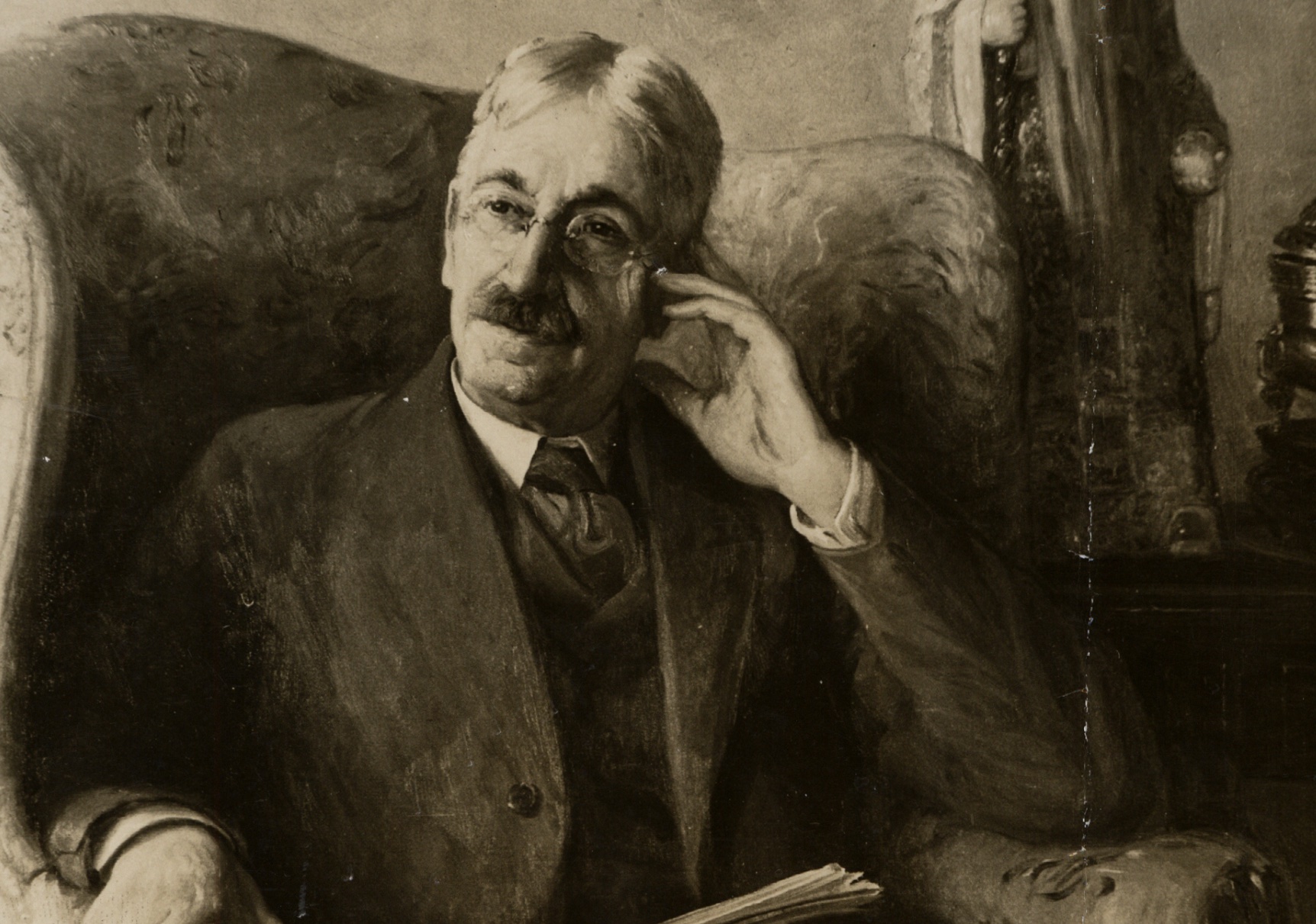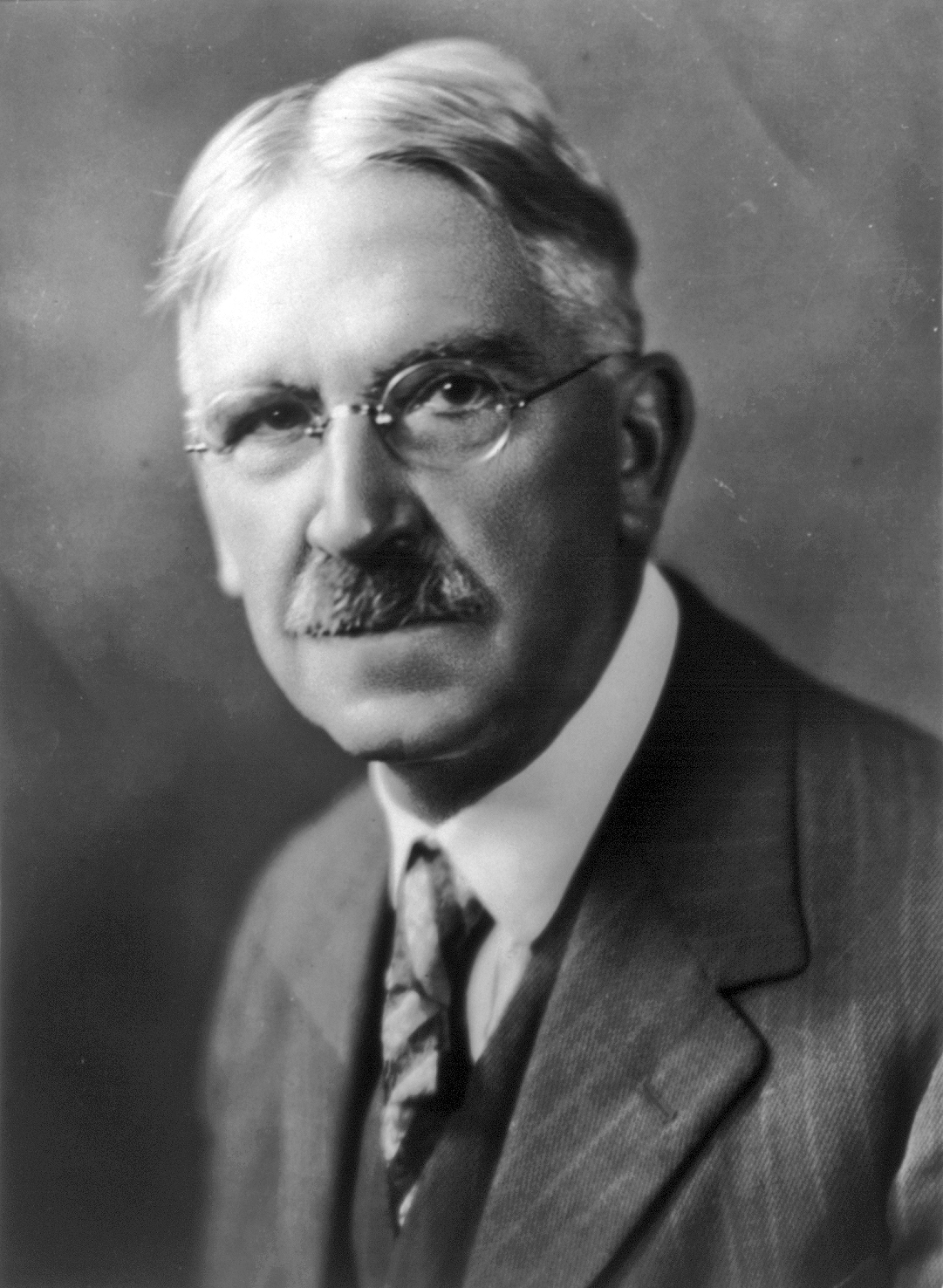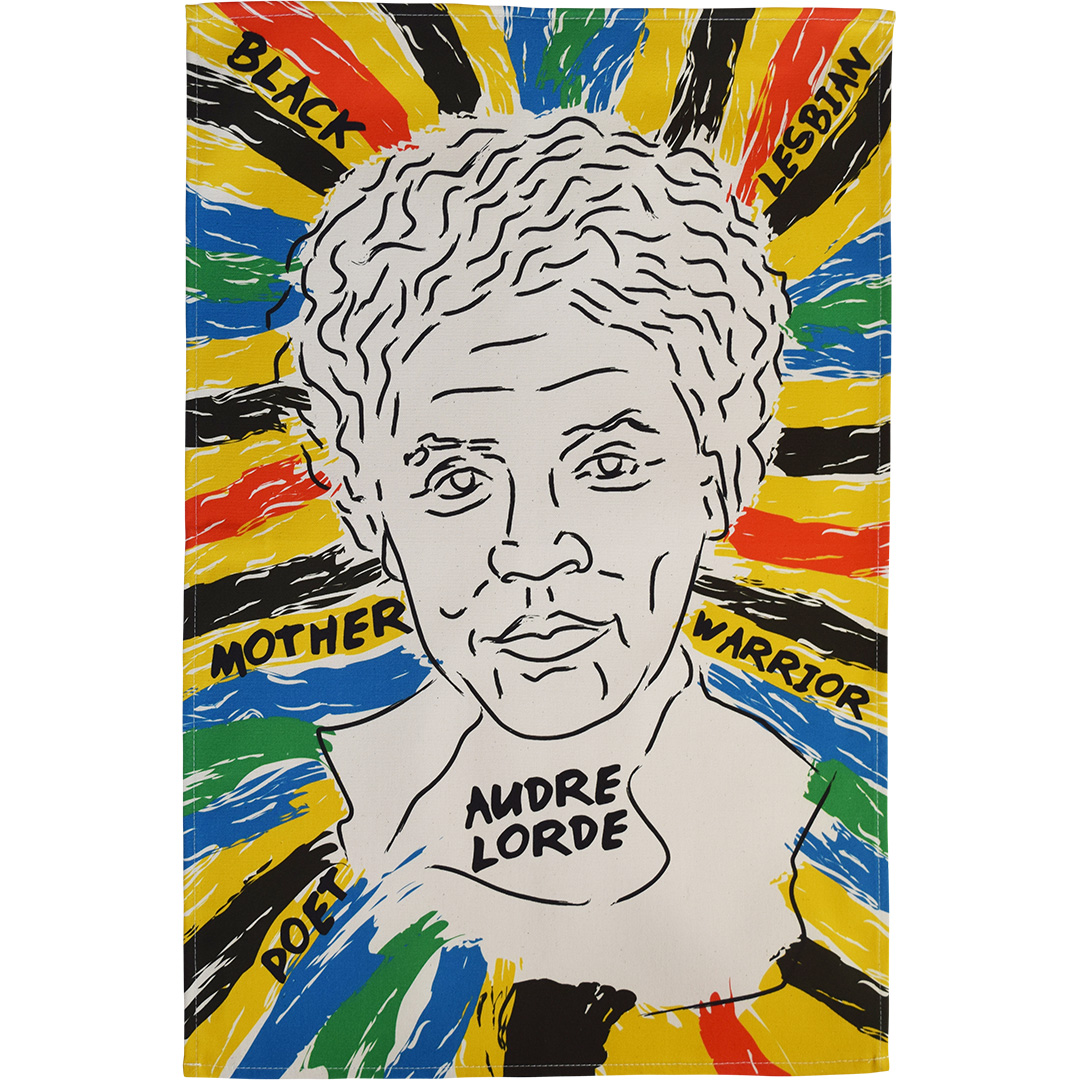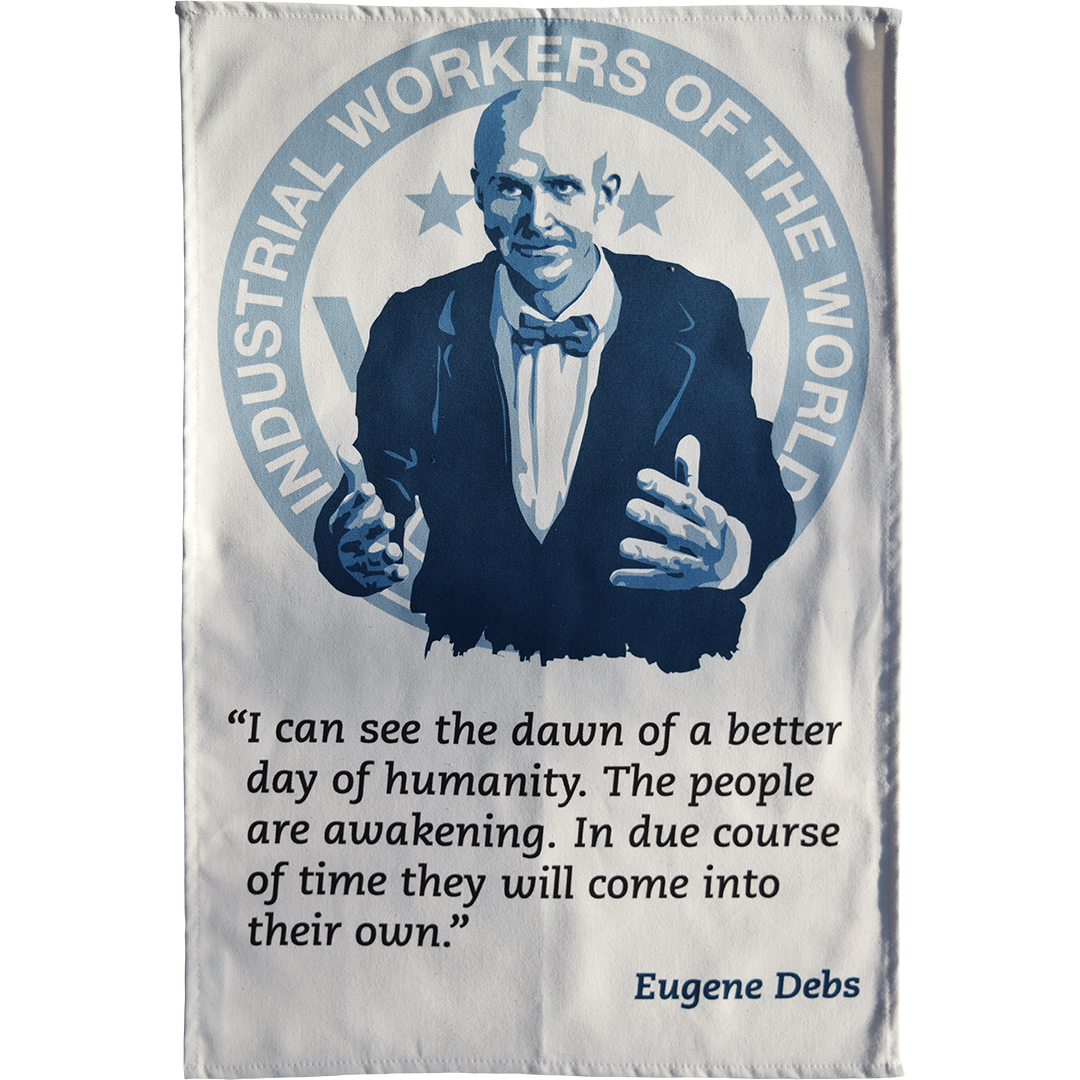Mr. Democracy: The Life and Work of John Dewey
Posted by Pete on Oct 20th 2022

The American philosopher and radical activist John Dewey was born on this day in 1859
America has a proud tradition of public intellectuals on the Left. Noam Chomsky, Howard Zinn, Audre Lorde, Maya Angelou, Robert Oppenheimer - the list goes on!
Throughout American history there’s been a strong vein of radical thought, so perhaps it’s no surprise that so many of America’s great intellectuals were also committed radicals.
The American philosopher John Dewey is the perfect example.
Our new Audre Lorde tea towel celebrates one of the greatest intellectuals of the 20th Century
Click to view our Audre Lorde tea towel
Born in Vermont on this day in 1859, Dewey remains among the most famous philosophers in U.S. history. He pioneered thinking about democracy, psychology, public journalism, and pedagogical theory.
But Dewey was also an activist throughout his life, campaigning for countless radical causes.
In 1894, while he was teaching at the University of Chicago, Dewey supported the
Pullman Strike by railworkers in Eugene Debs' American Railway Union.
Responding to right-wing calls for military repression of the strikers, Dewey wrote:
“the only wonder is that when the ‘higher classes’ – damn them – take such views, there aren’t more downright socialists.”
Also while in Chicago, Dewey supported Jane Addams' Hull House, a social project aimed at providing welfare support to the city’s working class, especially immigrant women and children.
Dewey was incensed by the criminalisation of Eugene Debs and the striking railworkers during the 1894 Pullman Strike
Click to view our Eugene Debs tea towel
At a time when voting rights for women was an issue men often steered clear of, Dewey happily backed the campaign for women's suffrage in the U.S. He argued:
“You think too much of women in terms of sex. Think of them as human individuals for a while, dropping out the sex qualification, and you won’t be so sure of some of your generalisations about what they should and shouldn’t do.”
In May 1919, Dewey happened to be in China when the republican revolution broke out there, led by Chinese radicals like Sun Yat-sen.
Dewey became an enthusiastic supporter of the movement, and decided to stay in China for two years, lecturing to massive audiences on political and social reform.
So influential was Dewey in China that he soon became known as “Mr. Democracy”.
Back in the States, Dewey helped set up
the NAACP – the National Association for the Advancement of Colored People.
And in the 1930s, he joined the U.S. section of the International League for Academic Freedom, along with Albert Einstein.

A portrait of John Dewey
But it’s important to note that Dewey’s academic work and his political activism went hand in hand.
His academic research helped construct a more expansive vision of democracy. For Dewey, ‘democracy’ wasn’t just limited to the right to vote, but to an active and participatory sort of civic life, where we deliberate and grow together as fellow citizens:
“Democracy and the one, ultimate, ethical ideal of humanity are to my mind synonymous.”
That’s why he thought that education was so important: it was a key democratic institution.
Education, Dewey argued, ought to foster critical thinking and the skills needed to help self-govern a republic, not just transmit facts and figures from teacher to student.
Academic life needn’t be idle or quiet. John Dewey – ‘Mr. Democracy’ – was an example of how it can be something else entirely.


